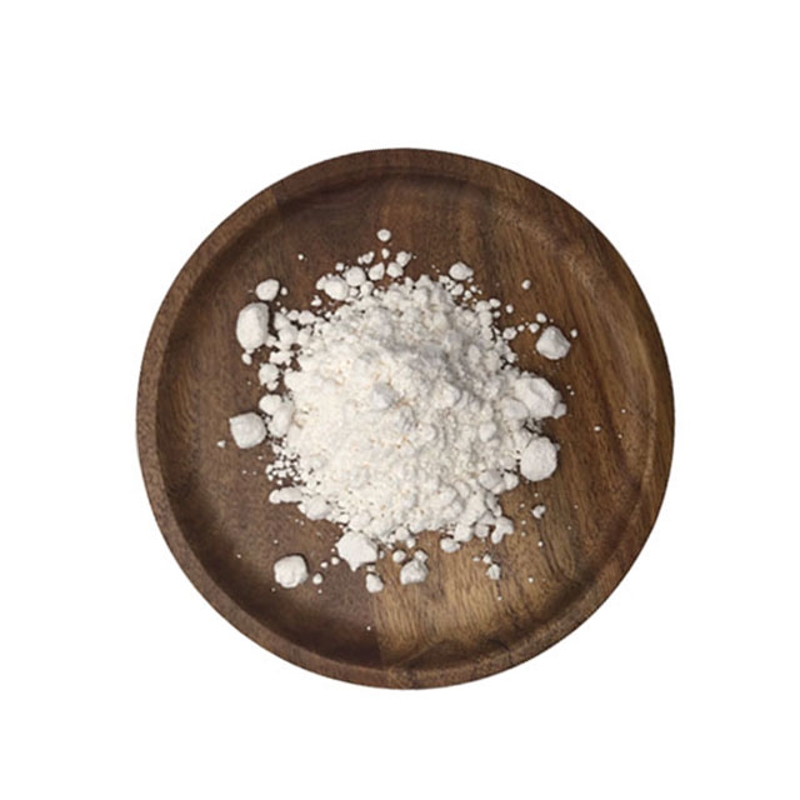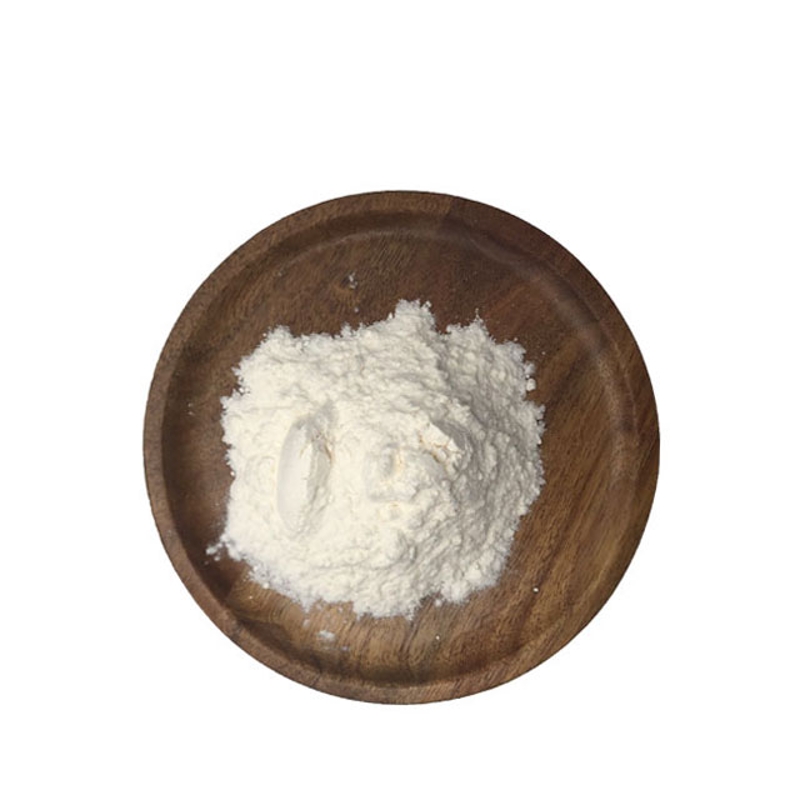-
Categories
-
Pharmaceutical Intermediates
-
Active Pharmaceutical Ingredients
-
Food Additives
- Industrial Coatings
- Agrochemicals
- Dyes and Pigments
- Surfactant
- Flavors and Fragrances
- Chemical Reagents
- Catalyst and Auxiliary
- Natural Products
- Inorganic Chemistry
-
Organic Chemistry
-
Biochemical Engineering
- Analytical Chemistry
- Cosmetic Ingredient
-
Pharmaceutical Intermediates
Promotion
ECHEMI Mall
Wholesale
Weekly Price
Exhibition
News
-
Trade Service
On October 24, 2019, Ye Haifeng's team from the School of Life Sciences, East China Normal University published a cover paper in the Science Translational Medicine journal, and proposed a new method of "drinking green tea to treat diabetes"
.
After the human body is implanted with a certain customized cell, people only need to drink special concentrated green tea to produce the metabolite protocatechin in the body to control the expression of the target gene in the cell
.
And this target gene can be adjusted and changed according to needs, and it can become an antibody that improves human immunity, an enzyme that removes harmful molecules in the body, and an insulin that lowers blood sugar
Now, this research has a sequel-"drinking red wine" to cure cancer
.
On August 18, 2021, Haifeng Ye's team published a research paper titled: Engineering genetic devices for in vivo control of therapeutic Tcell activity triggered by the dietary molecule resveratrol in PNAS
.
After six and a half years of scientific research, the research team successfully developed a red wine ingredient resveratrol to regulate the expression of transgenes, and use this system to regulate T cells to improve the safety of tumor immunotherapy
.
Researcher Ye Haifeng emphasized: “'Drinking red wine' is a popular term.
In fact, we use the active ingredient resveratrol
in red wine .
In our design, resveratrol is like a'hand that presses the switch', which can Decide whether T cells will besiege tumor cells
Yang Linfeng (graduated), a 2016 doctoral student in the School of Life Sciences, East China Normal University, is the first author of the paper, and Professor Ye Haifeng is the corresponding author of the paper
.
.
Yang Linfeng (graduated), a 2016 doctoral student in the School of Life Sciences, East China Normal University, is the first author of the paper, and Professor Ye Haifeng is the corresponding author of the paper
Put the "hands pressing the switch" on CAR-T cells
Chimeric antigen receptor T cell therapy (CAR-T therapy), as an emerging tumor immune precision therapy, has developed extremely rapidly and is generally considered to be one of the most promising therapies for humans to overcome cancer
.
In 2012, CAR-T therapy successfully cured a patient with advanced leukemia named Emily, which ignited the enthusiasm of scientists all over the world to explore CAR-T therapy and promote its clinical application
With the deepening of clinical research on CAR-T therapy, the side effects of CAR-T therapy are unexpected.
For example, the cytokine storm caused by CAR-T therapy has seriously affected the safety of the therapy and restricted its clinical practice.
Promotion
.
At present, the most powerful strategy to solve the cytokine storm is to control the activity of CAR-T cells, and how to safely and accurately control its activity is a common challenge faced by scientists all over the world
In clinical treatment, although this type of CAR-T cells can quickly identify and kill tumor cells after being infused into the body, the rapid and violent response process of T cells will trigger the release of a large number of cytokines, which will lead to cytokine storm and tumor lysis.
Syndrome and other fatal side effects
.
Therefore, how to regulate CAR-T cells in vivo as a "living drug" has become the focus and difficulty of current tumor immunotherapy
Guided by this clinical problem, Ye Haifeng’s team constructed a transcriptional regulatory system (ON/OFF) that regulates the expression of transgenes by the oral health-care drug resveratrol, and used it for controllable tumor immunotherapy, aiming to achieve CAR -The controllability of T therapy
.
(Note: Resveratrol used for oral or injection in the study is a chemical preparation and is not given through red wine
How to achieve resveratrol "switch"?
How to achieve resveratrol "switch"?Resveratrol (RES) is a non-flavonoid polyphenol compound that is beneficial to human health.
It is ubiquitous in grapes, peanuts, knotweed and other plants.
It has antioxidant, anti-inflammatory, anti-cancer and cardiovascular protection, etc.
It has been widely used in health care products, cosmetics, beverages, food and other fields
.
In view of the safety and benefits of resveratrol, the research team designed and constructed a transgene expression system regulated by resveratrol, which regulates the expression (ON) and inhibition (OFF) of CAR in T cells through resveratrol, thereby Realize controllable CAR-T cell immunotherapy (see Figure 1)
.
Figure 1 Application of resveratrol regulatory system in CAR-T tumor immunotherapy
Figure 1 Application of resveratrol regulatory system in CAR-T tumor immunotherapy Figure 1 Application of resveratrol regulatory system in CAR-T tumor immunotherapyConstruction of Resveratrol Regulated Transgene Expression System
Construction of Resveratrol Regulated Transgene Expression SystemThe researchers first derived from a kind of Pseudomonas putida (Pseudomonas putida) in response to resveratrol transcription repressor protein TtgR, TtgR specific recognition of the operon DNA sequence OTtgR and transcription repressor (KRAB)/activator (VPR) ) And other biological functional components were rationally designed, assembled and reprogrammed, and the RESrep device and the induction system (RESind device) were constructed to regulate the expression of transgenes by resveratrol (see Figure 2)
.
Through element optimization, a gene expression suppression system and an induction system with high sensitivity and high induction multiple were finally obtained, and excellent gene expression regulation effects were confirmed in mammalian cells and mice
Figure 2 The design principle diagram of the inhibitory system and induction system regulated by resveratrol and the regulation effect of gene expression in HEK293T cells
Figure 2 Design principle diagram of the inhibitory system and induction system regulated by resveratrol and the effect of gene expression regulation in HEK293T cellsFigure 2 Principle diagram of the design principle diagram of the inhibitory system and induction system regulated by resveratrol and gene expression in HEK293T cells Regulation effectResveratrol inhibits the killing of tumor cells in vivo and in vitro by the CAR expression control system (RESrep-CAR)
Resveratrol inhibits the killing of tumor cells in vivo and in vitro by the CAR expression control system (RESrep-CAR)The researchers installed the resveratrol suppression system and the induction system into human primary T cells to regulate the expression of CAR receptors, so as to achieve the regulation of the dose of resveratrol on the tumor cells by CAR-T cells.
Responsiveness
.
First, the researchers designed the resveratrol suppression transgene expression system to regulate the expression of CAR receptors (RESrep-CAR), so that the suppressor CAR-T cells regulated by resveratrol can be used in the absence of resveratrol.
It continuously expresses CAR and kills tumor cells.
When resveratrol is added, it inhibits the expression of CAR receptors and shuts down the function of CAR-T cells
.
Through optimization, researchers have achieved reversible regulation of CAR expression, cytokine release and tumor cell killing in T cells (see Figure 3)
.
Figure 3 The regulatory effect of RESrep-CAR device on inhibiting CAR expression in T cells
Figure 3 The regulation effect of RESrep-CAR device on inhibiting CAR expression in T cells Figure 3 The regulation effect of RESrep-CAR device on inhibiting CAR expression in T cellsTransplanting engineered RESrep-CAR T cells into a mouse model of human leukemia (immunodeficient mouse NCG) can controllably inhibit cytokine release and tumor killing by adjusting the dose of resveratrol (see Figure 4)
.
Figure 4 The effect of RESrep-CAR device in regulating T cell function in mice
Figure 4 The effect of RESrep-CAR device in regulating T cell function in mice Figure 4 The effect of RESrep-CAR device in regulating T cell function in miceResveratrol induces the CAR expression control system (RESind-CAR) to kill tumor cells in vivo and in vitro
Resveratrol induces the CAR expression control system (RESind-CAR) to kill tumor cells in vivo and in vitroNext, the team used resveratrol-induced gene expression system to regulate the expression of CAR receptors (RESind-CAR), and realized the regulation of CAR receptor expression and CAR-dependent T cell function activation through resveratrol dosage
.
The experimental results of in vitro and in vivo leukemia tumor model mice also demonstrated the excellent regulatory effect of REsind-CAR on the activation of CAR-T cells
.
In leukemia mouse models, oral or intraperitoneal injection of resveratrol can precisely regulate the killing of tumor cells by REsind-CAR T cells, thereby prolonging the survival time of mice (see Figure 5)
.
Figure 5 The effect of RESind device on killing tumors in T cells and NCG mice
Figure 5 The effect of RESind device on killing tumors in T cells and NCG mice Figure 5 The effect of RESind device on killing tumors in T cells and NCG miceIn summary, this research has successfully developed a resveratrol-regulated suppression system (RESrep) and an induction system (RESind) for transgene expression, adding a powerful gene control tool to synthetic biology research
.
At the same time, the researchers provided a safe and controllable CAR-T cell tumor immunotherapy new method
.
More importantly, resveratrol has extremely high health and medicinal value, and is regarded as a trigger molecular switch particularly suitable for clinical applications
.
The resveratrol-regulated gene expression system constructed by the research institute can also be used to precisely regulate the therapeutic proteins (enzymes, antibodies, hormones, etc.
) encoded by any gene.
It is expected to be used for other precise and controllable drug delivery, which is based on genes and cells in the future.
Therapeutic precision medicine provides a new tool that is safe, precise and controllable
.
Original source:
Original source:Linfeng Yang, Jianli Yin, Jiali Wu, et al.
Engineering genetic devices for in vivo control of therapeutic T cell activity triggered by the dietary molecule resveratrol .
PNAS August 24, 2021 118 (34) e2106612118.







